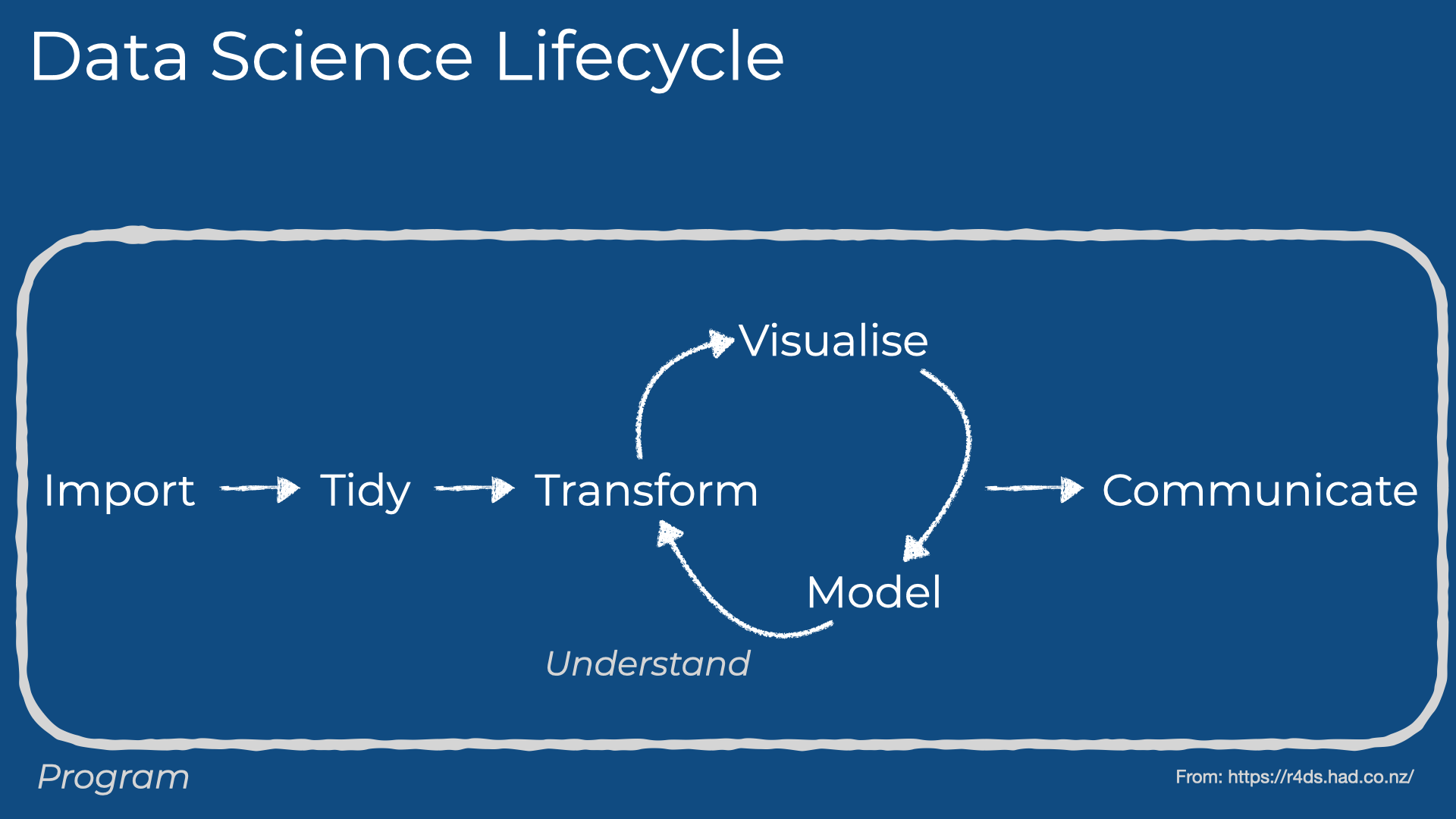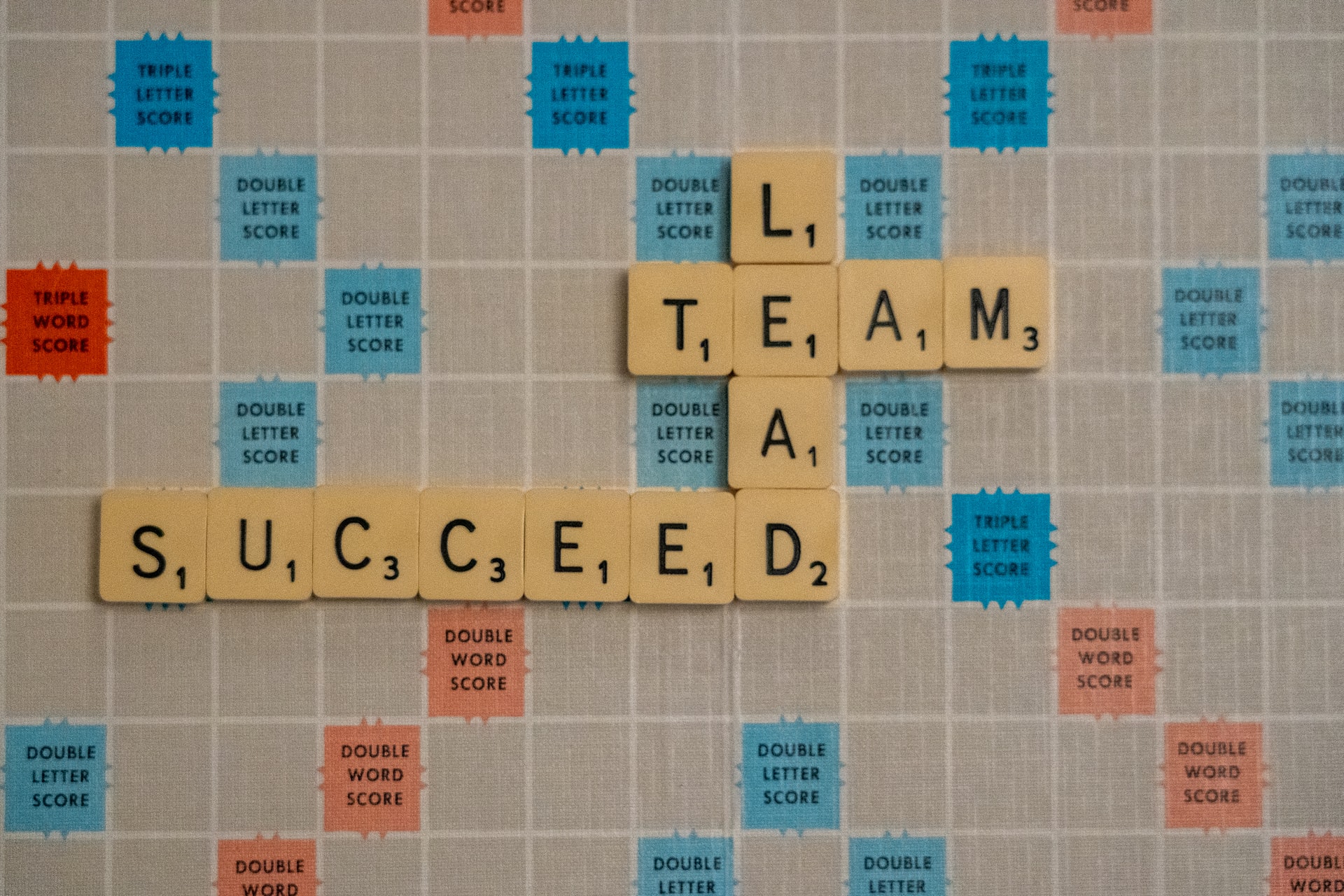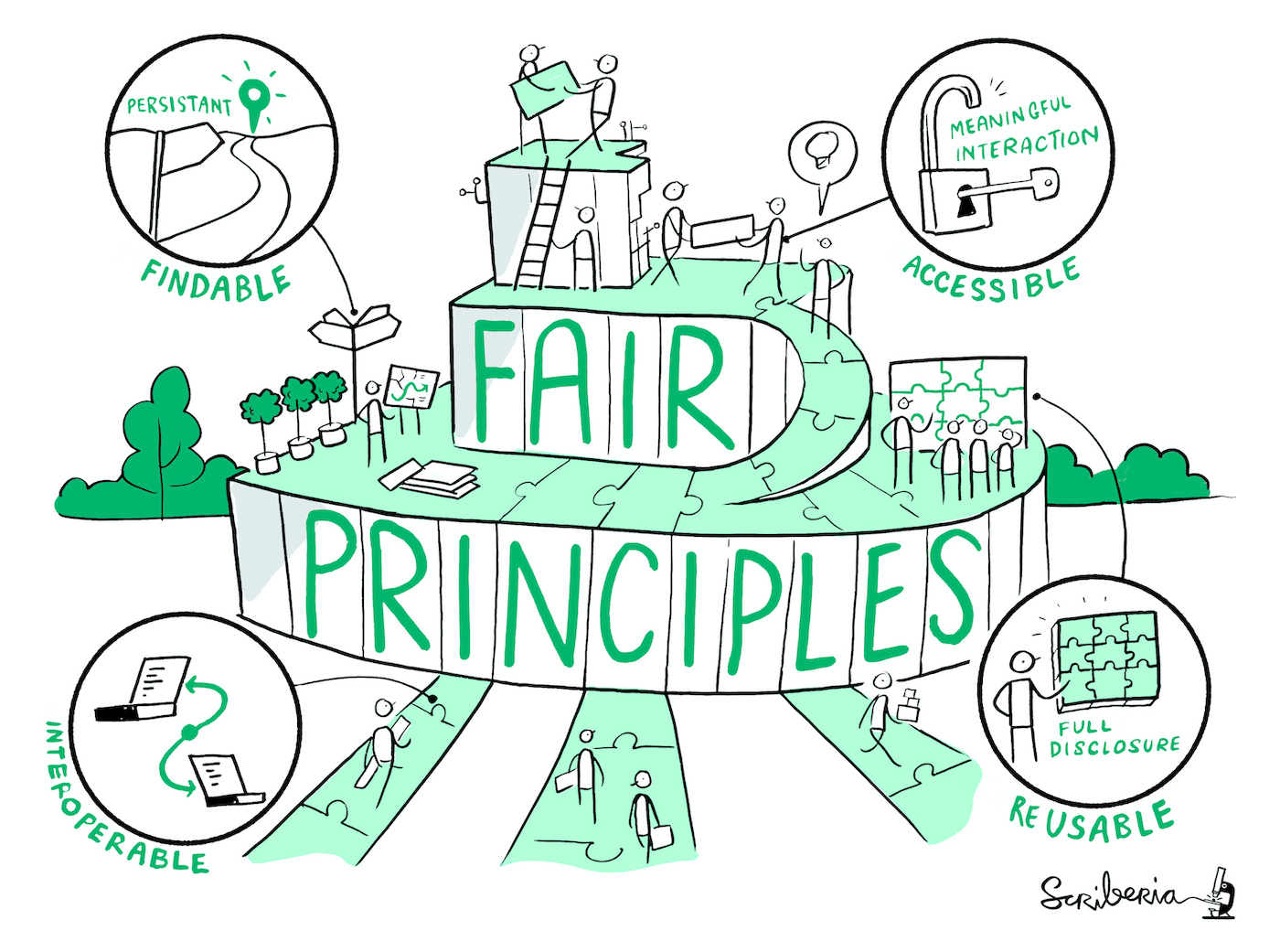Schedule

Week 15 - Data communication
It does not matter how good your research design is or how useful your data visualisations and models are, if you cannot communicate and present your findings to others. In this lecture, you will learn some more about how you can best utilize the Quarto file format write your group project report and present research results.

Week 13 - Data wrangling with tidyr
A large amount of time during data analysis is typically spend on cleaning data. In this lecture you will learn more about the concept of tidy data and how to organize it. You will learn how to join two or more datasets and how to get data from a wide into a long format.

Week 12 - Data wrangling with dplyr
Data is rarely in the right form that you need it. You will have to create new variables or rename them, or you need to create summary statistics of your data. In this lecture you will learn how to transform your data into the format you need..

Week 11 - Exploratory Data Analysis using Data Visualisation
This lecture will teach you how to explore your data in a systematic way using data visualisation, and how you can tweak your plot to your preferences.

Week 10 - Data Science Lifecycle
Let’s get cracking with R. You have your data and it is time learn how to import it to R and work with it. We will also teach you how to get support solving coding problems online.

Week 6 - Pre-test and Logistics
We check, double-check and then check our research tools again and get ready for data collection next week.

Week 5 - Tools for Data Collection and Management
What do you use to collect and manage your data? We introduce you to an ETH tool available for staff and students. We also review good practices for data organization in spreadsheets, as they are commonly used tools for data entry and storage.

Week 4 - Survey Design
The key to good data is asking the right question. We discuss the different types of questions and variables that constitute a good questionnaire.

Week 3 - Research Design
Having a good research design will ensure that you are not “comparing apples to oranges”. We discuss the sample population, the concept of randomization, and classic study designs.

Week 2 - Waste Research
What is waste and why do we care about it? We discuss the solid waste service change in both majority countries and in Switzerland and compare the challenges. We discuss how to properly formulate a research question which will then form the basis of the group project.

Week 1 - Welcome to rbtl!
In our first lecture, we will discuss the objectives and intentions of the course, begin our discussion on terminology and get to know each other.